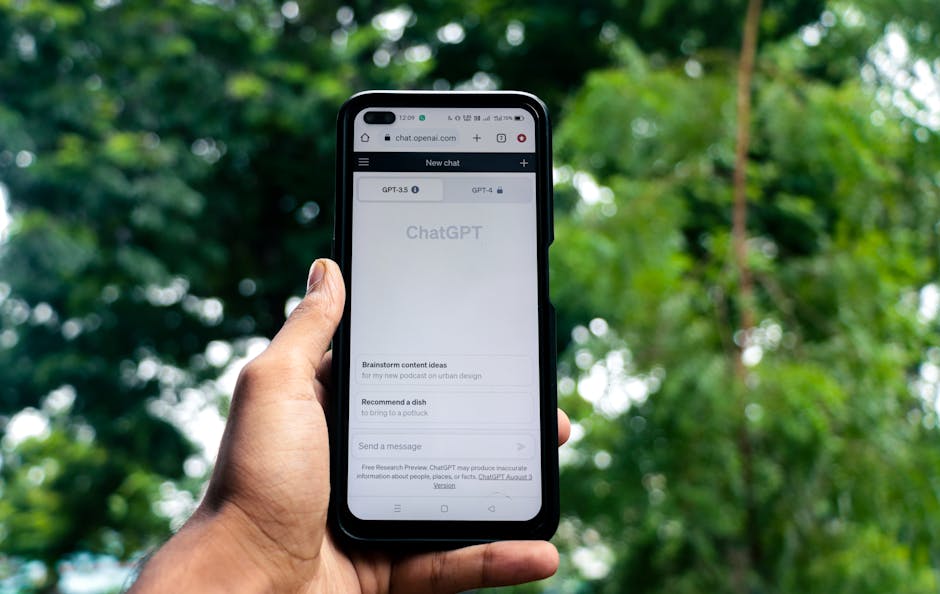AI-Powered Marketing Platforms: Transform Your Campaign Strategies
Let’s talk about marketing. More specifically, let’s talk about how artificial intelligence (AI) is reshaping the way businesses connect with their audience. If you’ve ever wondered why some campaigns seem to hit the mark every time while others fizzle out, the secret may just lie in AI-powered platforms. These tools are revolutionizing campaign strategies by turning data into actionable insights, offering marketers a level of precision that was previously unimaginable.

But what does this really mean for your marketing efforts?
What Makes AI Different?
At its core, AI thrives on data, lots of it. Think about the last time you scrolled through your favorite shopping app or watched a video online. Every click, search, and pause creates a digital breadcrumb that AI can analyze. Unlike traditional marketing approaches that rely heavily on gut instincts or manual analysis, AI has the capability to process massive volumes of data in real time. This enables it to identify patterns and trends with incredible speed and accuracy.
Let’s say you’re running an online store that sells sneakers. Traditional methods might involve segmenting your audience by demographics like age or location. AI takes this one step further by analyzing behavior, maybe users who buy running shoes also tend to browse for fitness apparel within 48 hours. Armed with such insights, you can tailor your campaign to promote complementary products at just the right time. A report from Gartner revealed that marketers using AI-based personalization saw up to a 20% increase in revenue compared to those who didn’t.
The Power of Predictive Analytics
Predictive analytics is another area where AI-powered platforms shine. Instead of simply reacting to what’s already happened, these tools help you anticipate what might come next. Imagine planning a social media campaign for an upcoming product launch. With predictive analytics, you could estimate which days and times your audience is most likely to engage based on historical data.
A great example of this comes from Netflix. The streaming giant uses AI not only to recommend shows but also to predict viewing habits for specific user segments. This level of foresight has allowed them to strategically release content when engagement is expected to peak, maximizing viewership and retention rates. Similarly, brands can use predictive analytics to schedule email campaigns or paid advertisements for optimal results.
Real-Time Adaptation
If there’s one thing marketers know, it’s that plans rarely go off without a hitch. A campaign might underperform due to unforeseen factors like news events or competitor actions. Traditional strategies would require weeks (sometimes months) to course-correct. AI changes the game entirely by enabling real-time adaptation.
Take Facebook ads as an example. Many businesses use AI-driven tools to monitor ad performance as it happens. If certain keywords or creative elements aren’t resonating with the target audience, adjustments can be made instantly, whether it’s tweaking the messaging or reallocating budget toward better-performing assets.
This kind of agility isn’t just limited to ads; content strategies can benefit too. Platforms like HubSpot use machine learning algorithms to analyze blog performance and suggest edits or updates that could improve SEO rankings over time.
Streamlining Customer Experiences
AI doesn’t just help marketers; it also enhances the customer experience. Personalized recommendations are now table stakes for e-commerce platforms, but advanced AI takes things further by predicting what customers need before they even realize it themselves.
A practical illustration of this can be seen in chatbots powered by natural language processing (NLP). These bots aren’t just answering FAQs, they’re gathering data from interactions and using it to refine customer profiles in real time. If a customer frequently asks about shipping policies, the bot might flag them as someone who values timely deliveries and prioritize shipping-related promotions in future interactions.
Amazon excels at leveraging AI in this way. Their recommendation engine reportedly drives 35% of total sales by suggesting items based on browsing history and purchase behavior (Business Insider). Imagine applying similar principles to your own campaigns, whether through personalized emails or dynamic website content tailored to each visitor.
The Human Touch Matters Too
It’s easy to get swept up in all this talk about automation and algorithms, but here’s an important reminder: technology should enhance your strategy, not replace your creativity or empathy as a marketer. While AI can crunch numbers and identify trends faster than any human ever could, it doesn’t understand context or emotional nuances quite like we do.
This means that while AI might suggest which headlines perform best based on past campaigns, crafting compelling copy still requires a human touch. Think of AI as your co-pilot, it navigates the complexities of big data so you can focus on storytelling and building authentic connections with your audience.
In fact, some brands have started blending AI insights with old-fashioned human intuition for maximum impact. Coca-Cola uses machine learning algorithms alongside human teams when designing new products or marketing strategies (Forbes). The result? Campaigns that are both data-driven and emotionally resonant.
The Takeaway
AI-powered marketing platforms aren’t just tools, they’re strategic partners capable of transforming how businesses approach campaigns from start to finish. Whether it’s analyzing data for deeper insights, predicting future trends, or personalizing customer interactions at scale, these technologies provide opportunities for growth that were once out of reach.
After all, even the most advanced algorithm can’t replicate genuine human connection, that part is still up to you.
